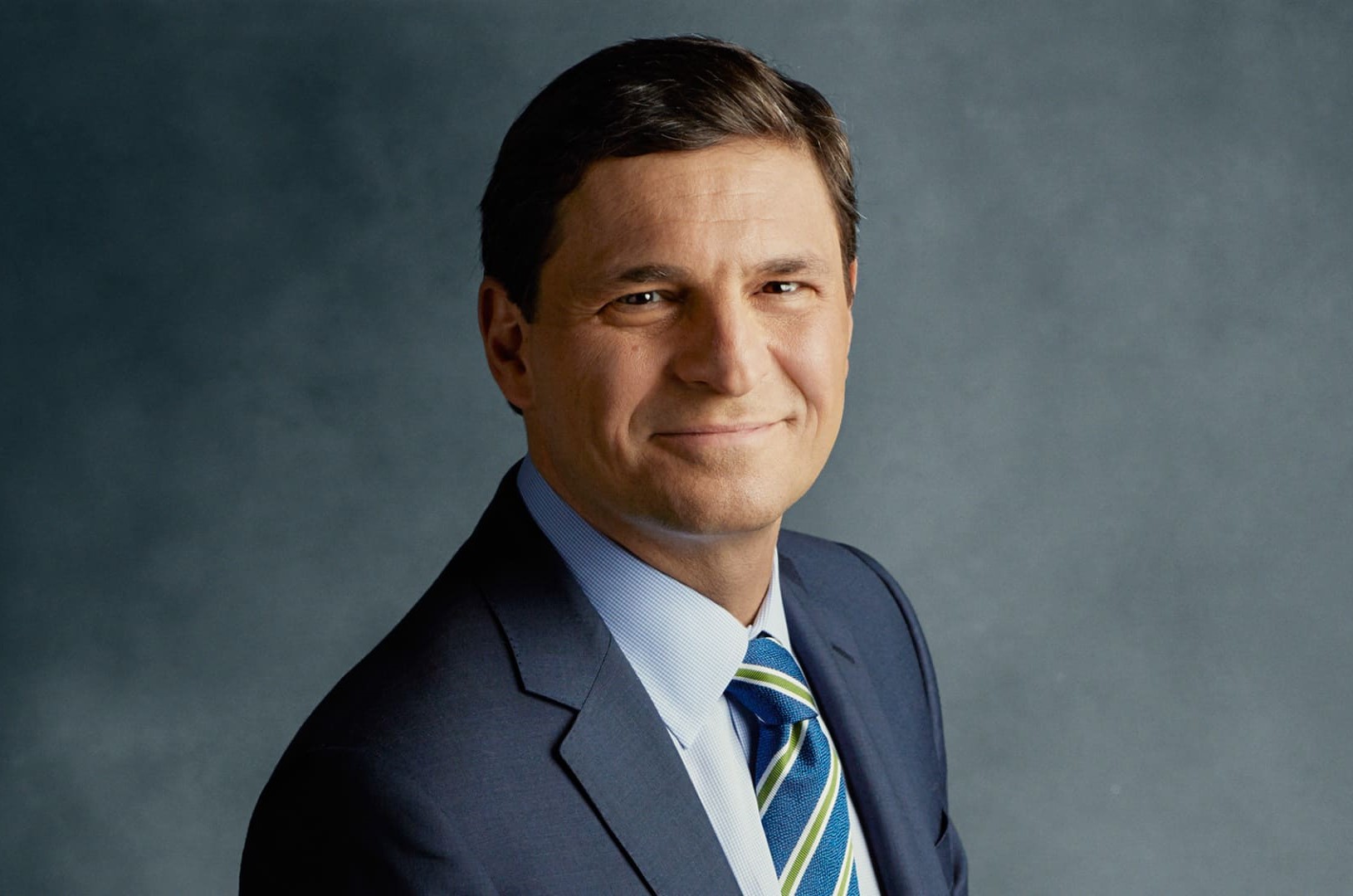David Faber is a titan of financial journalism. For over three decades, he has graced the screens of CNBC, becoming a household name synonymous with insightful market analysis and hard-hitting interviews with Wall Street’s biggest players. But beyond the polished persona and sharp suits lies a wealth of experience and wisdom that Faber is willing to share with aspiring financial journalists.
From Humble Beginnings to the Anchor’s Desk
Faber’s journey began not on the trading floor, but in the world of print. After graduating from Lehigh University, he honed his writing skills at publications like The Institutional Investor and Barron’s. This grounding in fundamentals proved invaluable, as Faber emphasizes the importance of a strong foundation in financial literacy for any aspiring journalist in this field.
“You can’t ask intelligent questions if you don’t understand the complexities of the markets,” Faber has said in interviews. He stresses the need to go beyond surface-level knowledge and delve into the intricacies of financial instruments, corporate structures, and economic forces.
The Power of Relationships and the Art of the Interview
Faber’s career is punctuated by iconic interviews with CEOs, hedge fund managers, and economic policymakers. His ability to elicit insightful information and navigate tense situations is a masterclass in financial journalism. But according to Faber, success in this area hinges not just on sharp questioning, but also on building strong relationships with sources.
“Financial journalism is all about trust,” david faber emphasizes. “You need to develop relationships with your sources, demonstrate fairness and accuracy in your reporting, and build a reputation for being someone they can rely on.” This trust allows for more candid conversations and fosters an environment where valuable information can be exchanged.
Beyond trust, Faber highlights the importance of meticulous preparation. Before every interview, he dives deep into the background of his subject, studying their past pronouncements, company performance, and any relevant news stories. This allows him to tailor his questions, anticipate potential responses, and keep the conversation focused and informative.
However, Faber isn’t afraid to challenge the narrative. He encourages journalists to ask tough questions, hold powerful figures accountable, and not shy away from exposing wrongdoing.
“Don’t be afraid to push back,” Faber advises. “Don’t settle for generic soundbites. Dig deeper, explore the nuances, and hold your sources accountable for their actions and decisions.”
The Evolving Landscape of Financial Journalism
The world of finance is constantly changing, and financial journalism needs to adapt as well. The rise of social media and algorithmic trading has created a new information environment where news travels fast and misinformation can spread easily.
Faber acknowledges the challenges of this new landscape. “Financial journalists need to be discerning in the age of information overload,” he says. “It’s crucial to verify information, source your data carefully, and maintain a critical eye on the narratives being pushed out there.”
But Faber also sees opportunities in this new era. Social media platforms can be powerful tools for reaching a wider audience and fostering engagement. Financial journalists can leverage these platforms to explain complex financial concepts in a clear and concise way, making the markets more accessible to the everyday investor.
The Human Element: Storytelling in Finance
Numbers and charts are essential tools in financial journalism, but Faber reminds us that the human element is equally important. Financial markets are ultimately driven by people, their decisions, and their emotions.
“Don’t get lost in the numbers,” Faber advises. “Tell the story behind the data. Explain how these financial events are impacting people’s lives and livelihoods.” By weaving human narratives into their reporting, financial journalists can create a more compelling and relatable experience for their audience.
The Future of Financial Journalism: Ethics and Responsibility
Financial journalists wield significant power. Their reporting can influence investment decisions, shape public perception of companies, and even impact the overall health of the economy. With this power comes a great deal of responsibility.
Faber emphasizes the importance of ethical conduct in financial journalism. He advises against conflicts of interest, insider trading, and any actions that could compromise journalistic integrity.
“Financial journalists need to be the guardians of the market,” Faber states. “They need to be a force for transparency and accountability, ensuring that the markets function fairly and efficiently for everyone involved.”
Final Word
David Faber’s career is a testament to the power of hard work, dedication, and a genuine passion for financial journalism. His insights offer valuable guidance for aspiring journalists entering this dynamic and ever-changing field.
By developing a strong foundation in financial literacy, building strong relationships with sources, and adapting to the evolving media landscape, aspiring journalists can carve their own path in this exciting profession. Remember, financial journalism is not just about reporting on markets; it’s about empowering people with the knowledge and information they need to navigate the complex world of finance.

